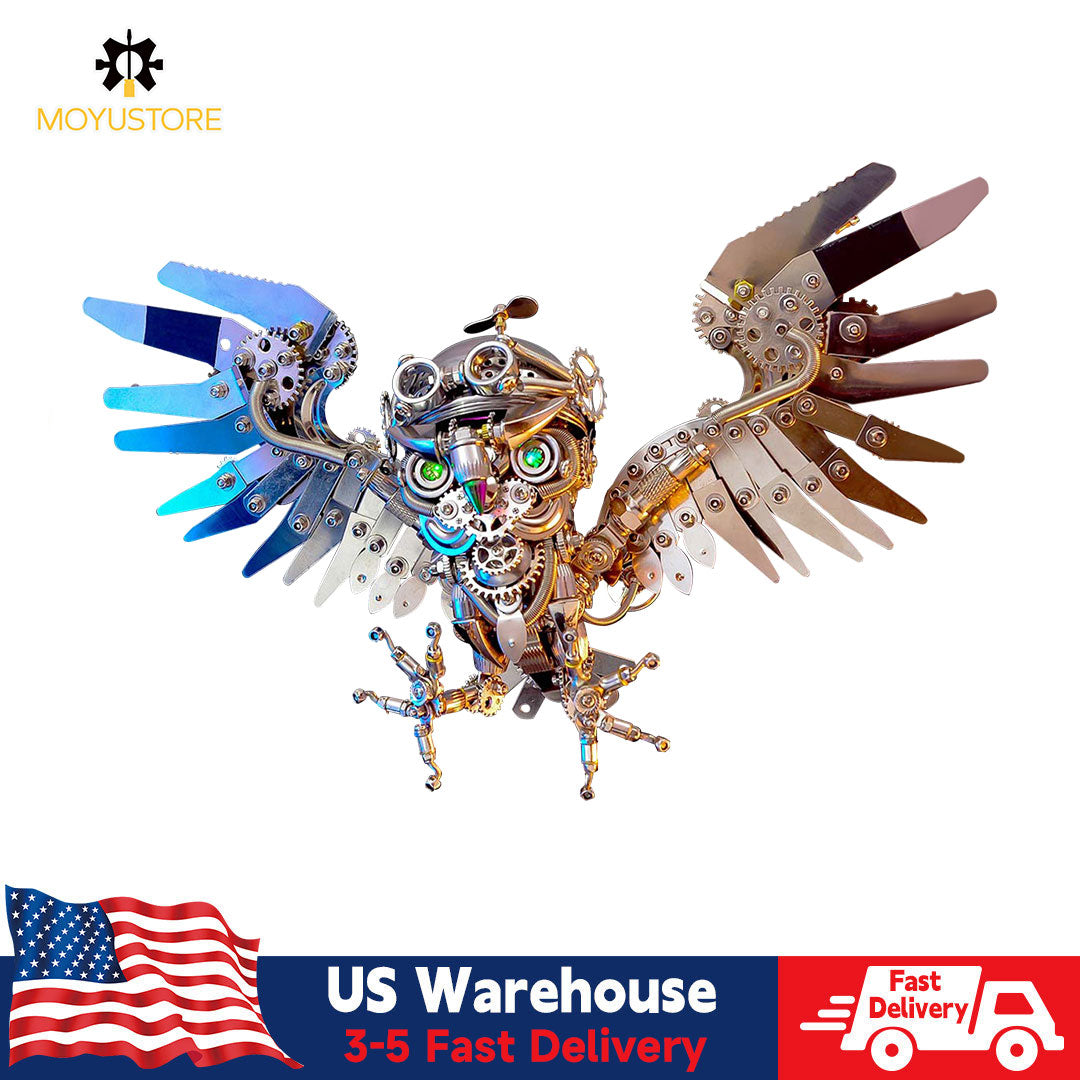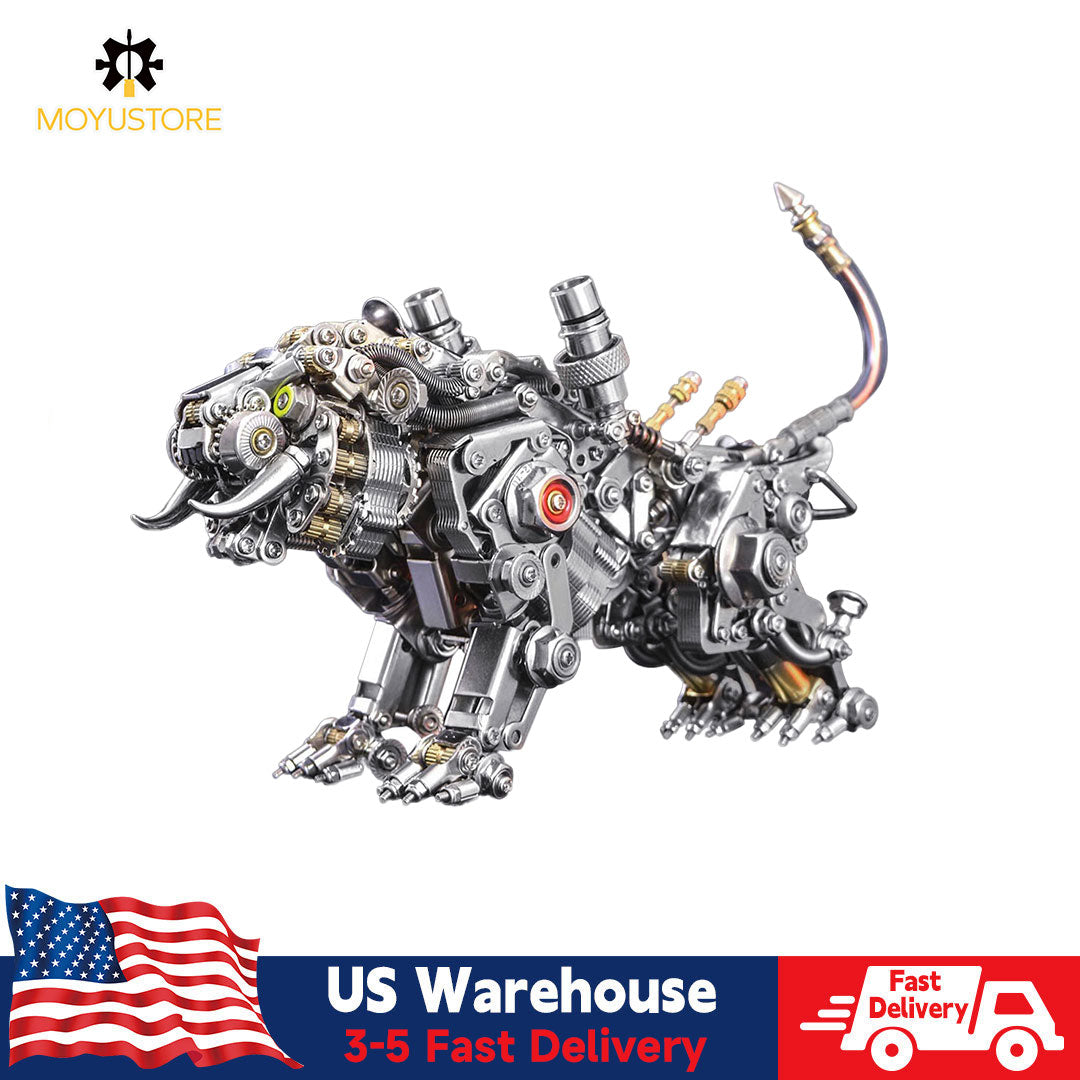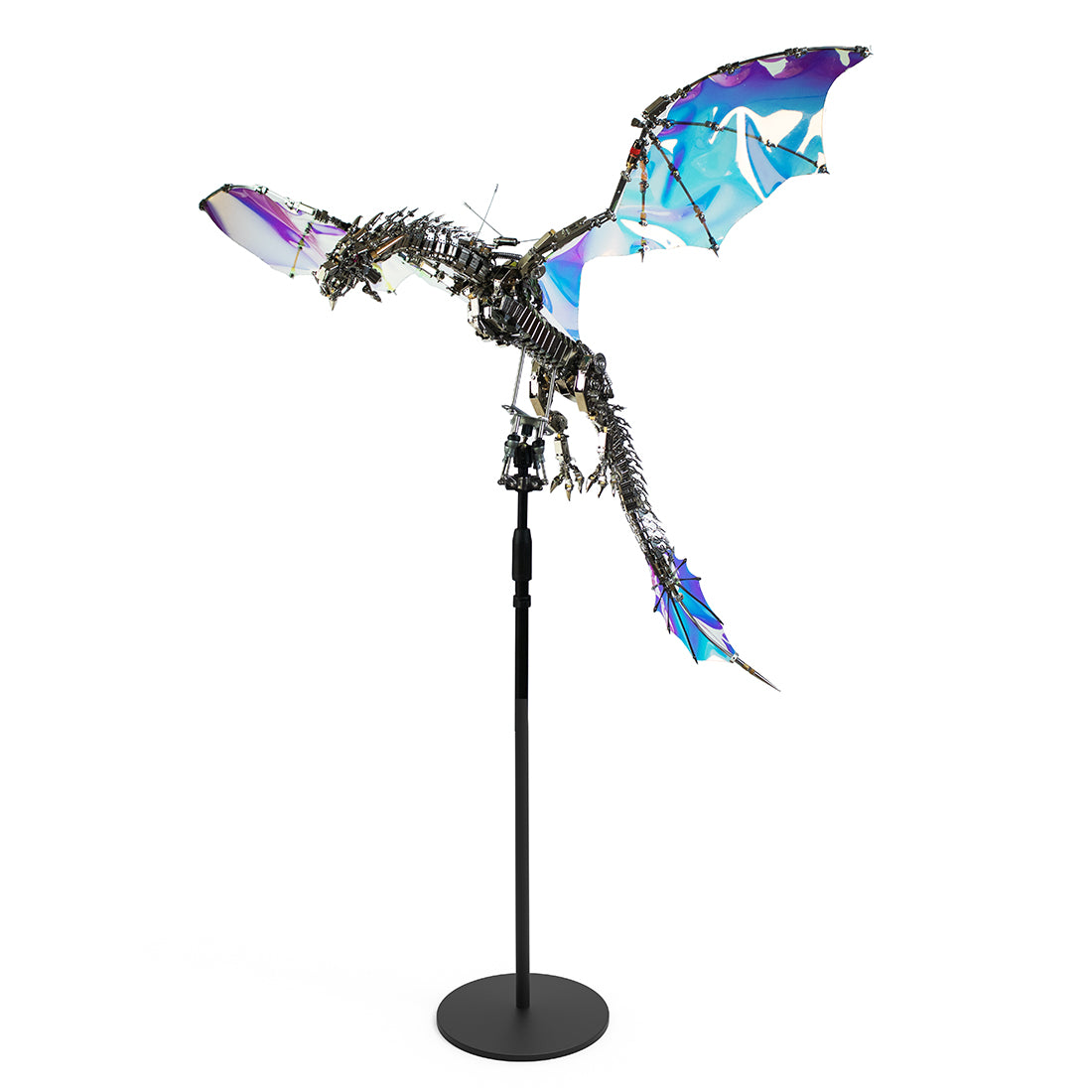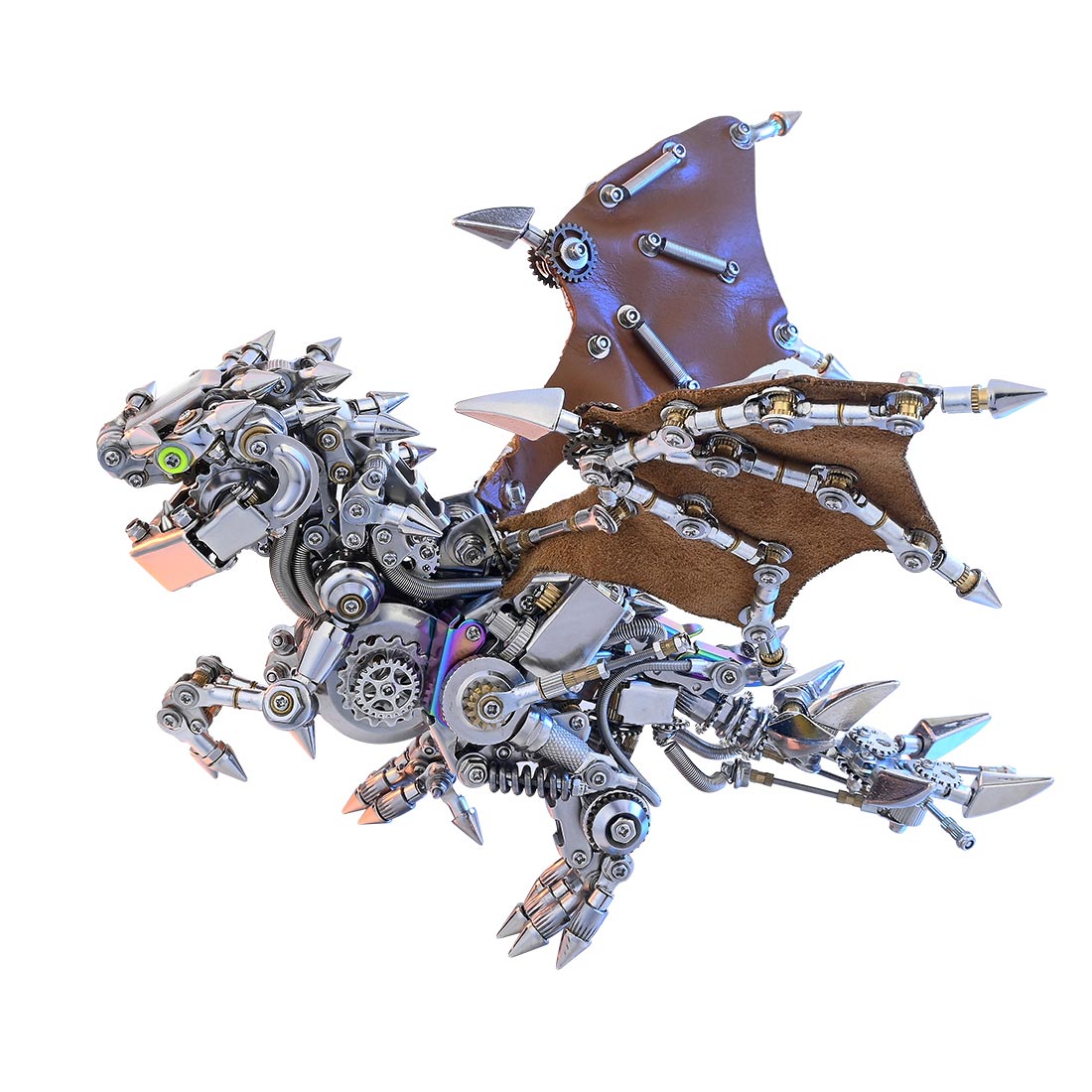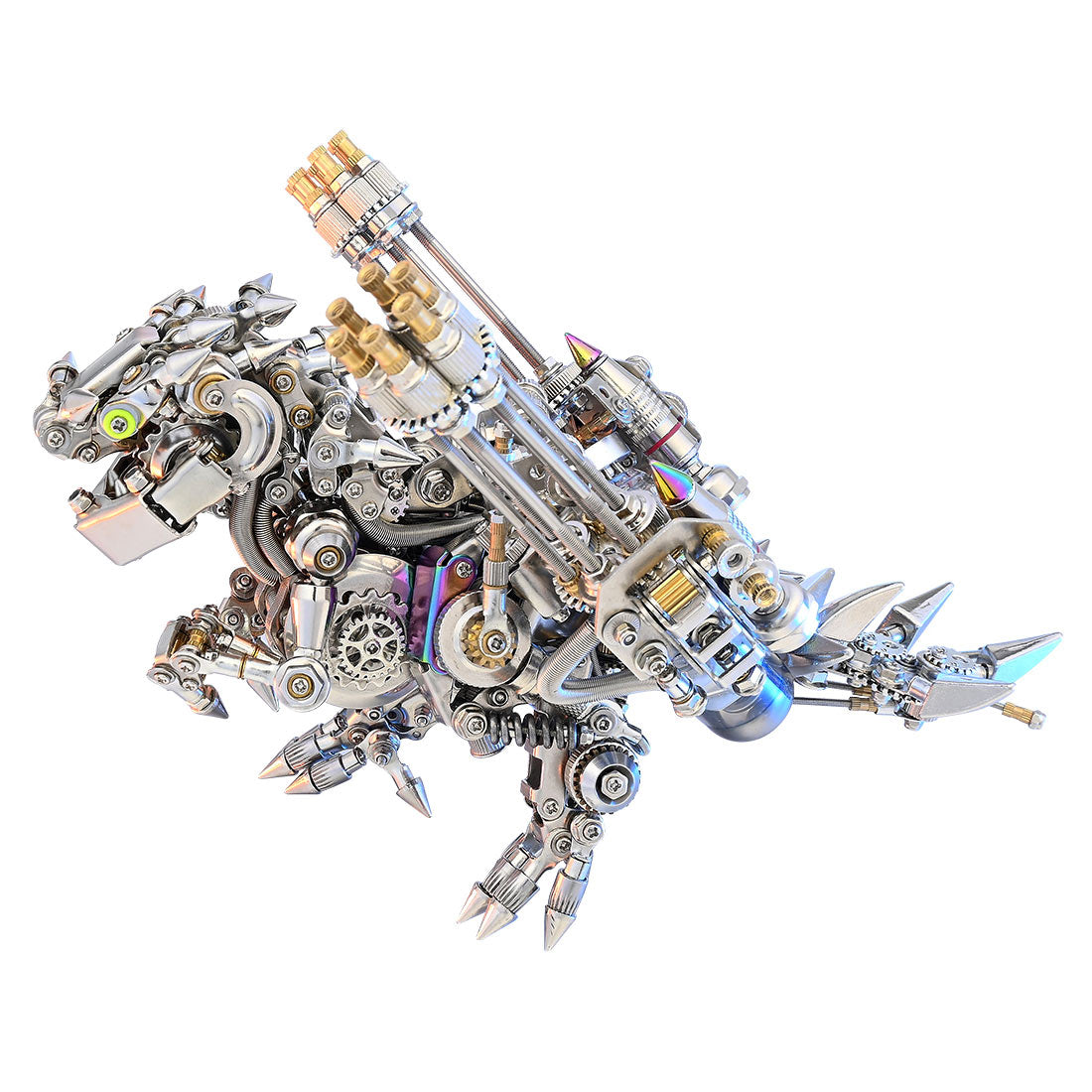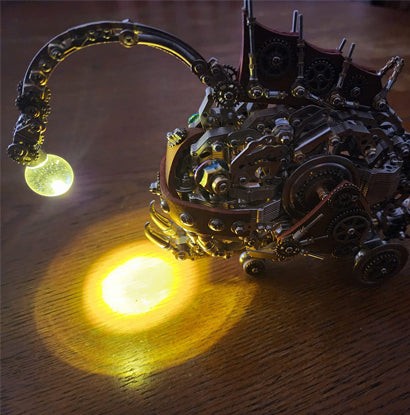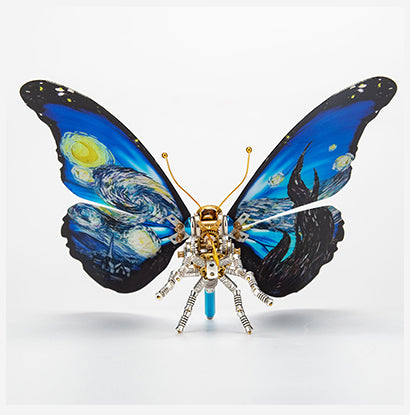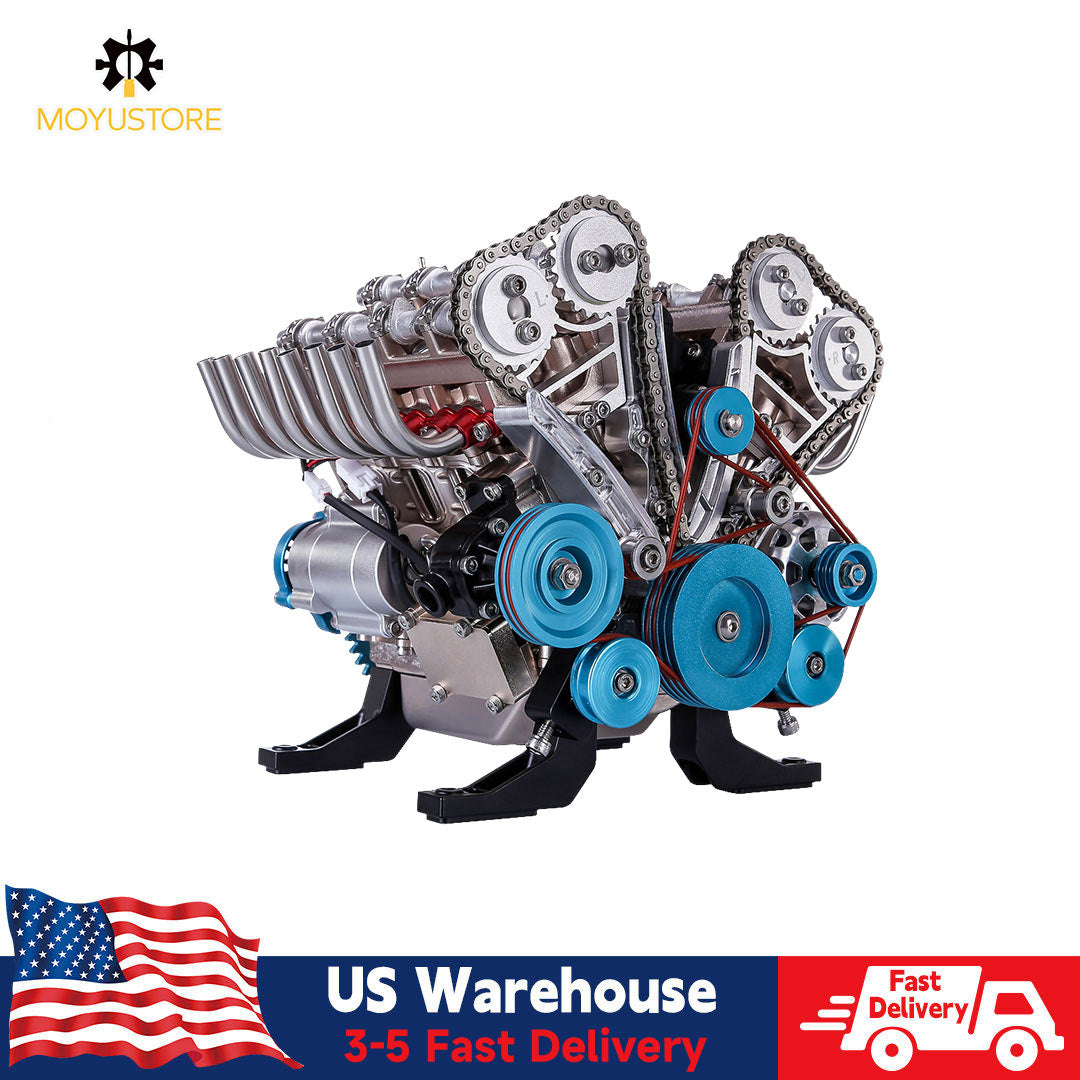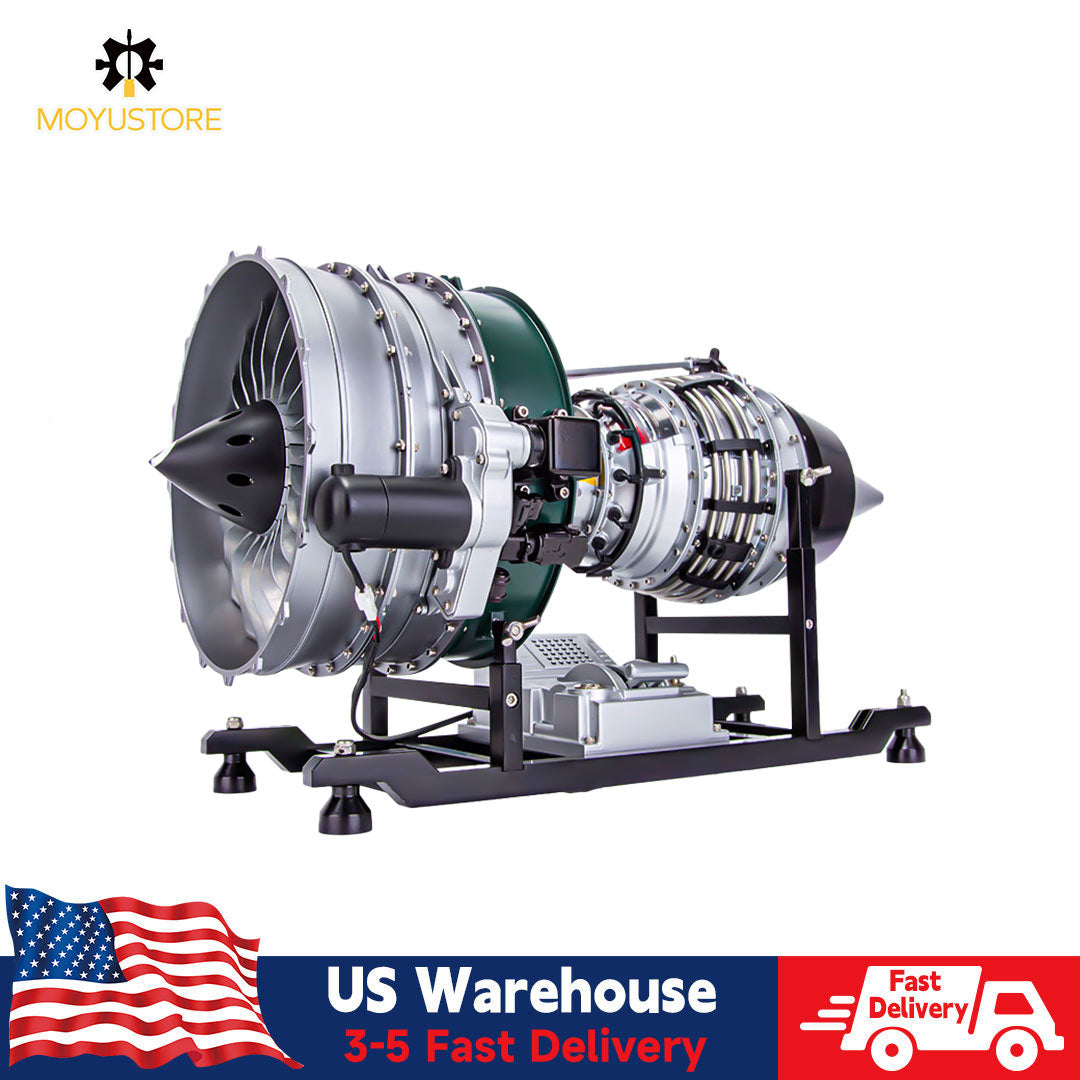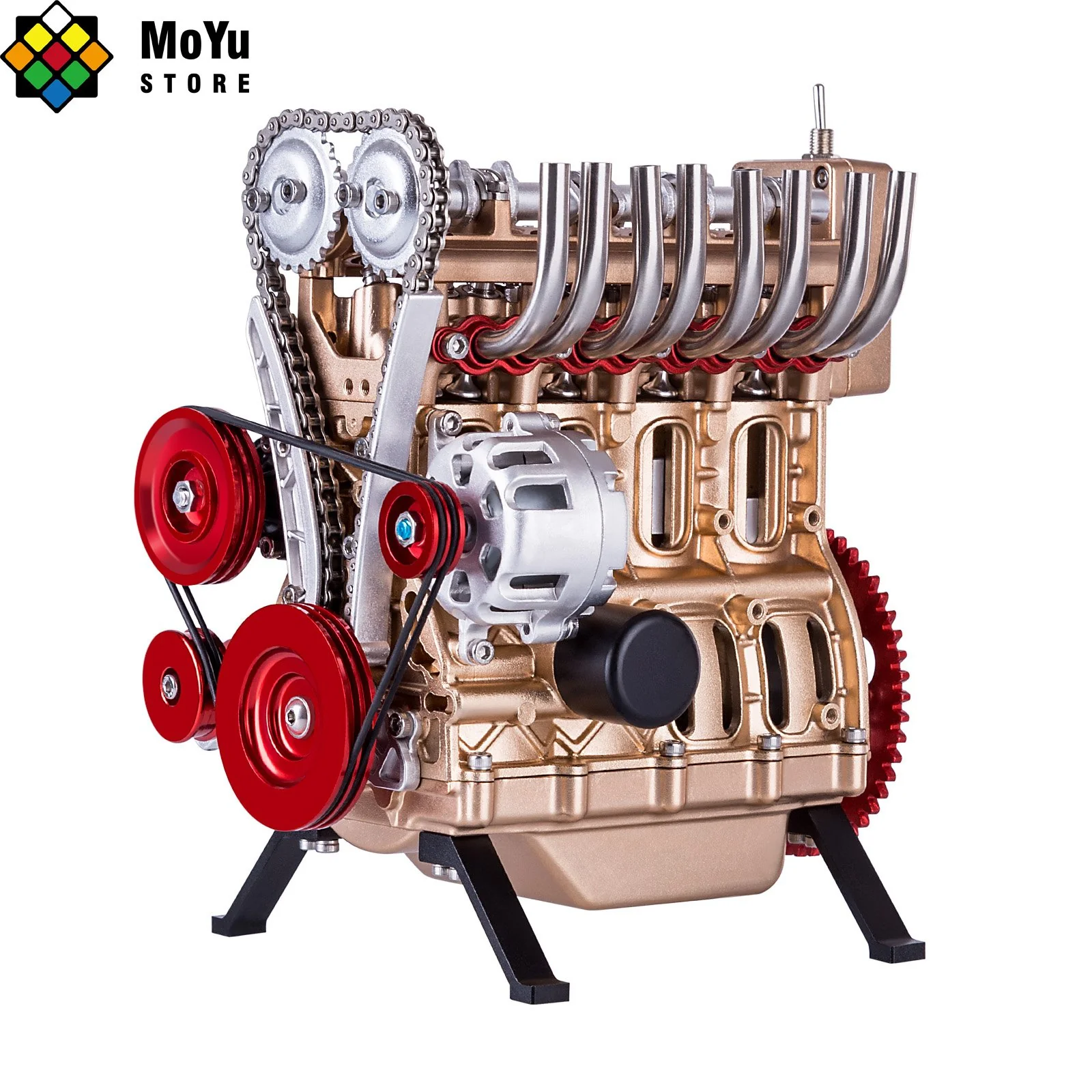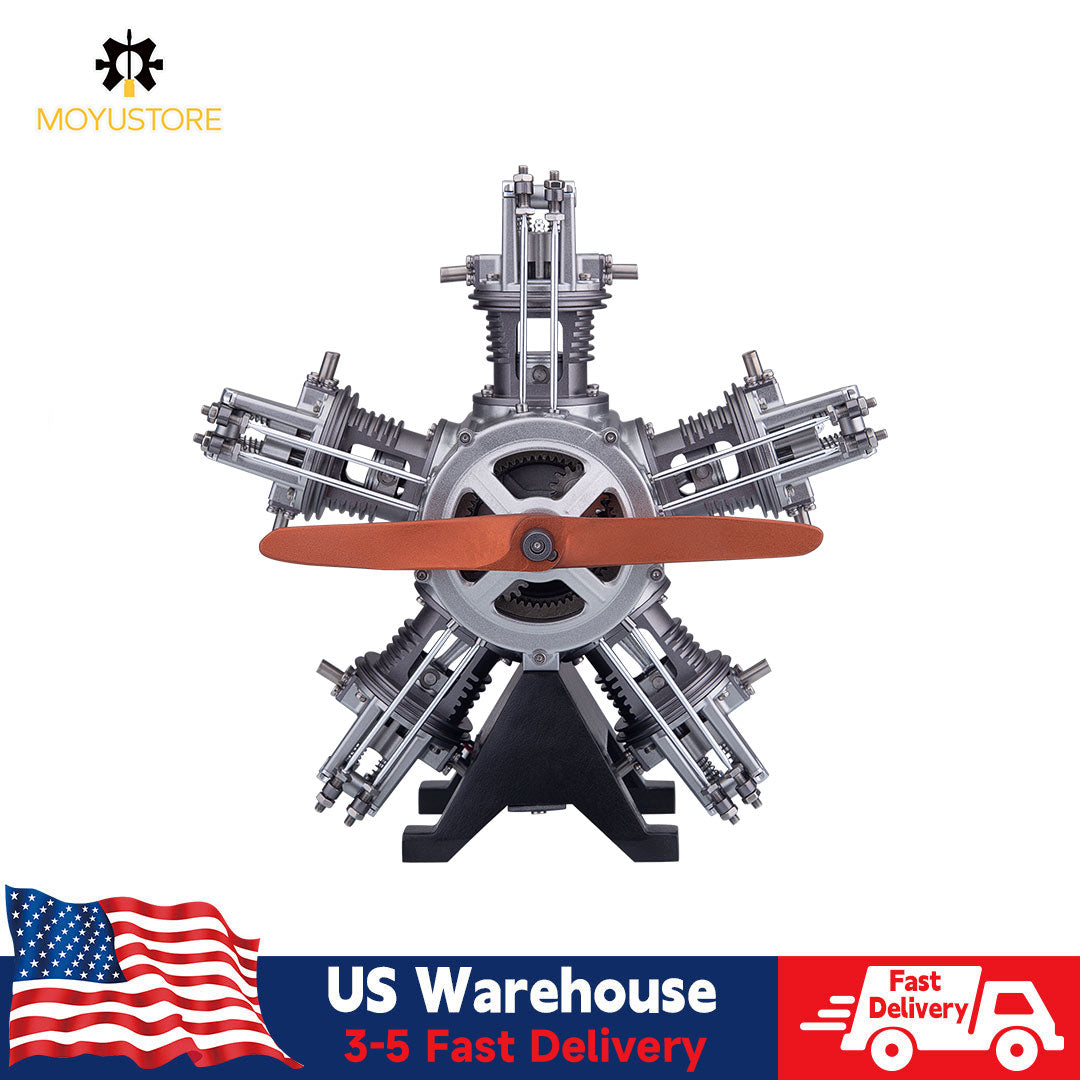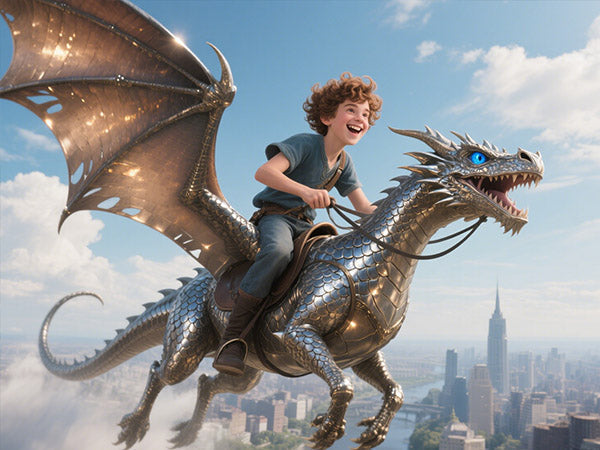Dragons are some of the most enduring and captivating symbols in human history. But why do dragons, across vastly different cultures, almost always represent power, mystery, and sometimes even divinity? Let’s explore the fascinating reasons behind this—and what it means for you as a dragon enthusiast today.
1. Dragons as Symbols of Imperial Power: East vs. West
In Eastern Cultures, especially ancient China, dragons are benevolent, wise, and auspicious. The Chinese dragon (Long) is a symbol of imperial authority and cosmic balance. Emperors were considered descendants of dragons, embodying divine right to rule. The dragon symbolizes:
Wisdom and benevolence — dragons bring rain and fertility.
Protection and harmony — dragons maintain balance between heaven and earth.
The Dragon Throne was literally the emperor’s seat, signifying supreme power.

In Western Cultures, dragons often appear as fearsome, destructive creatures. They symbolize chaos, danger, and untamed nature. Knights or heroes fighting dragons symbolize the struggle of civilization versus wilderness. Western dragons represent:
Challenge and conquest — overcoming a dragon proves one’s valor.
Guardianship of treasure — dragons often hoard gold or magical artifacts.
Fear and chaos — dragons embody threats that must be controlled or destroyed.

2. The Dual Nature: Creation and Destruction
Dragons universally embody a complex duality, making them mysterious:
They are creatures of raw elemental power — fire, storms, water, or earth.
They can destroy villages or enemies in myth, representing unstoppable force.
Conversely, they are guardians of wisdom and sacred knowledge, hidden treasures, or secret realms.
This duality symbolizes the human fascination with forces that can both create and destroy, a reminder of nature’s unpredictable power.
3. Dragons as Spiritual and Cultural Archetypes
In many cultures, dragons symbolize spiritual transformation and transcendence.
They are often linked to cosmic cycles, seasons, or celestial bodies.
For example, in some Native American traditions, dragon-like serpents represent the connection between the earthly and spiritual worlds.
This spiritual dimension adds to their aura of mystery and reverence.
4. Dragons in Modern Pop Culture: Reimagining the Legend
Today’s dragons aren’t just villains or threats; they have evolved into complex characters:
As noble companions, bonded with heroes, symbolizing loyalty and inner strength.
As antagonists, embodying ultimate challenges.
As metaphors for personal growth and transformation — taming one’s inner dragon.
This shift reflects our changing relationship with power and fear, making dragons relatable symbols of overcoming adversity.
5. What It Means for You and Your Metal Dragon Model
When you build your metal dragon model, you’re participating in this rich tradition of symbolizing power, mystery, and transformation.
Each precise piece and detailed part reflects the balance of control and creativity — much like the dragon’s own dual nature.
Customizing and painting your dragon lets you express your personal connection to these timeless themes.
Your dragon isn’t just a model; it’s a piece of living mythology, a testament to your own journey of mastery and imagination.
Dragons became symbols of power and mystery because they capture essential human experiences: the awe of nature’s force, the battle between order and chaos, and the quest for wisdom and self-mastery. From the divine dragons of ancient emperors to the complex dragons of today’s stories, they remain unforgettable icons inspiring millions — including you.
